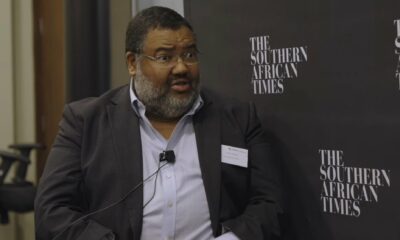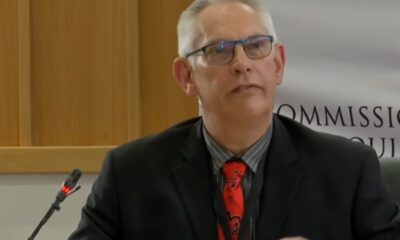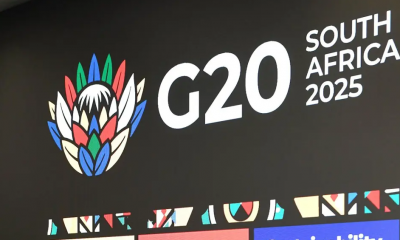Business
The Deadly Risk Facing South Africa’s Business-Rescue Practitioners and Lawyers

A Profession Under Fire
In South Africa, being a business rescue practitioner or insolvency lawyer is no longer just about crunching numbers and restructuring deals. It’s become one of the most dangerous jobs in the country, a line of work that can literally cost you your life.
According to Gareth Cremen, a partner at Cox Yeats Attorneys, professionals in this field now face daily threats, intimidation, and, in the worst cases, assassination attempts. Their job is to step in when companies are on the brink of collapse, to save what can be salvaged. But behind the spreadsheets and legal documents lies a darker reality: they often uncover corruption, fraud, and criminal networks that don’t want to be exposed.
When the Work Turns Deadly
Between 2022 and 2023, at least 13 assassinations targeting lawyers and insolvency professionals were reported. One of the most chilling cases was that of Bouwer van Niekerk, a respected attorney who was shot in his own boardroom by men posing as clients. It was a stark reminder that exposing financial wrongdoing can have fatal consequences.
Cremen explained that business rescue practitioners handle highly sensitive information that can threaten powerful interests. They are legally required to report irregularities to the authorities, and that makes them targets. “People don’t realise the personal risk. It’s not just financial or reputational; it’s physical,” he said.
Fear and Vigilance
As the danger grows, many professionals in the sector are taking extraordinary precautions. Some have begun hiring private security, changing routines, and limiting personal information online. “We’re seeing people protect not only themselves but also their families,” said Cremen.
The threat isn’t limited to lawyers. Judges, prosecutors, and whistleblowers are increasingly finding themselves in harm’s way. “We’ve seen what happens to those who expose corruption; many have paid the ultimate price,” he added.
The System That Fails to Protect
Cremen believes the problem runs deeper than just a few bad actors. South Africa’s justice system, he says, lacks the resources and resolve to properly protect those who enforce accountability. “Often, when someone reports a threat, the authorities already know who the perpetrators are. But the follow-through is weak,” he noted.
The current state of bail and prosecution also leaves room for repeat offenders. “We arrest the same people again and again. They’re out on bail of R2 000, only to reoffend,” he said. “We need tougher bail conditions and stronger prosecutions if we want to deter organised crime.”
The Risk of Losing Good People
The ongoing violence has raised fears that capable professionals might abandon the field altogether. “It’s becoming a question of whether it’s worth it,” said Cremen. “But someone still has to do the work, to close down insolvent companies, to hold directors accountable for fraud, to protect creditors.”
If too many walk away, South Africa risks losing a vital safeguard for its corporate integrity. Weakening the system, he warned, could allow corruption to thrive unchecked.
Cremen called for urgent reform of the judicial and criminal justice systems, along with a cultural shift in how these professionals are treated. “They are not the enemy. They keep corporate South Africa honest,” he said. “But they shouldn’t have to fear for their lives to do it.”
Follow Joburg ETC on Facebook, Twitter, TikT
For more News in Johannesburg, visit joburgetc.com
Source: Business Tech
Featured Image: Vietnam Manpower























